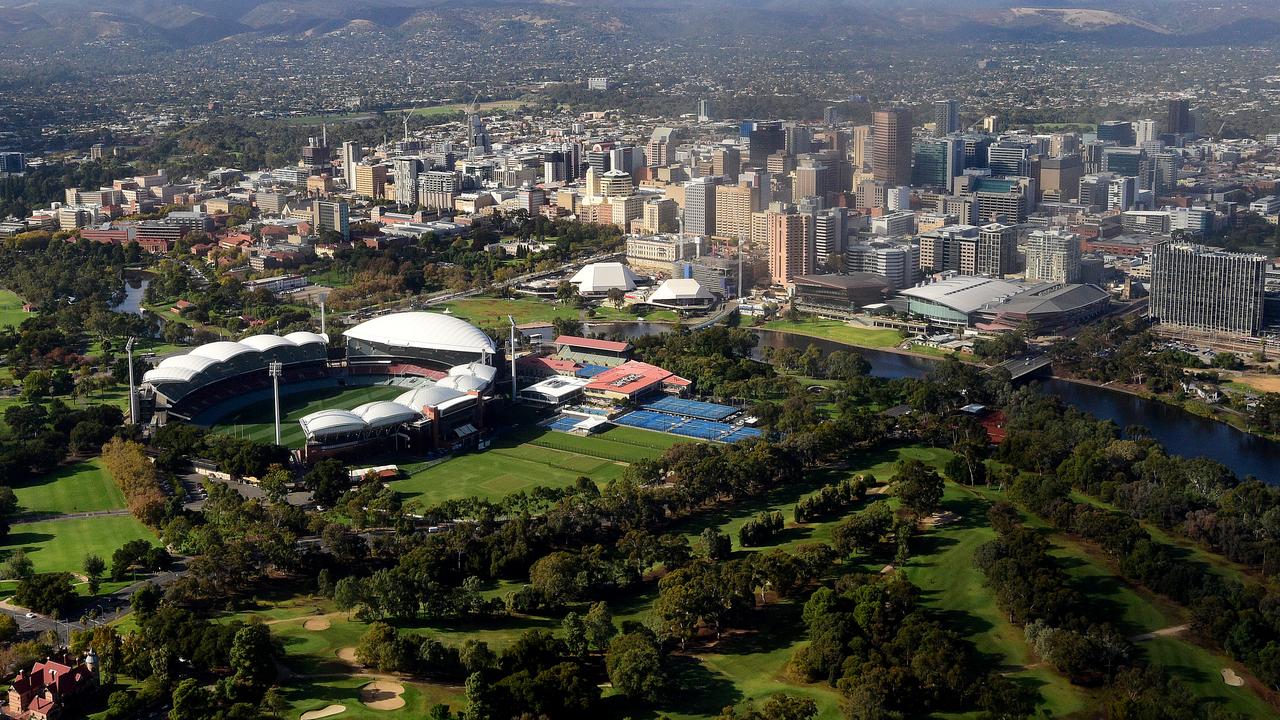
South Australia has again been recognised as an economic powerhouse for its robust jobs market and strong building activity, prompting a jubilant reaction from Premier Peter Malinauskas, who said his state was leading the nation's economy.
SA topped CommSec's July State of the States report, which gauges the economic momentum of each region, after ranking first in the previous two quarters.
Mr Malinauskas hailed the state's "enviable position as the nation's economic leader, a position we had never held until this year".
"We are number one for jobs. Number one for construction and number one for housing starts," he said.
"Despite international headwinds, we have so much economic opportunity before us."
SA was again followed by Western Australia and Victoria in second and third place respectively.
WA was fast gaining on top spot, leading on relative population growth and home lending metrics.
CommSec senior economist Ryan Felsman said SA still had the wood on its rivals in terms of relative unemployment, construction work done, and dwelling starts, but WA had stronger momentum.
"Across the country, the economic performance of Australia's states and territories is being supported by both strong employment and population growth, at a time of higher-than-desired price inflation," he said.
SA Treasurer Stephen Mullighan said the state's economy continued to outperform in the face of national economic headwinds.
"The release of the Malinauskas government's Housing Roadmap should provide further confidence to a residential construction sector that is already outperforming the rest of the nation," he said.
The report, which judges performance relative to each jurisdiction's historic benchmark, had the Australian Capital Territory in fourth place.
The ACT topped the list in terms of economic growth but was held back in other areas, such as relative unemployment.
Queensland and Tasmania took out fifth and sixth place respectively, while Australia's largest economy NSW came in seventh, let down by lower retail spending.
"Generally speaking, state economies have slowed as consumers respond to higher borrowing costs and price pressures," Mr Felsman said.
"The future economic path will be dependent on the resilience of the job market and interest rates."
The Northern Territory again took out last place.
HOW THE STATES FARED:
1st: South Australia
2nd: Western Australia
3rd: Victoria
4th: ACT
5th: Queensland
6th: Tasmania
7th: NSW
8th: Northern Territory







